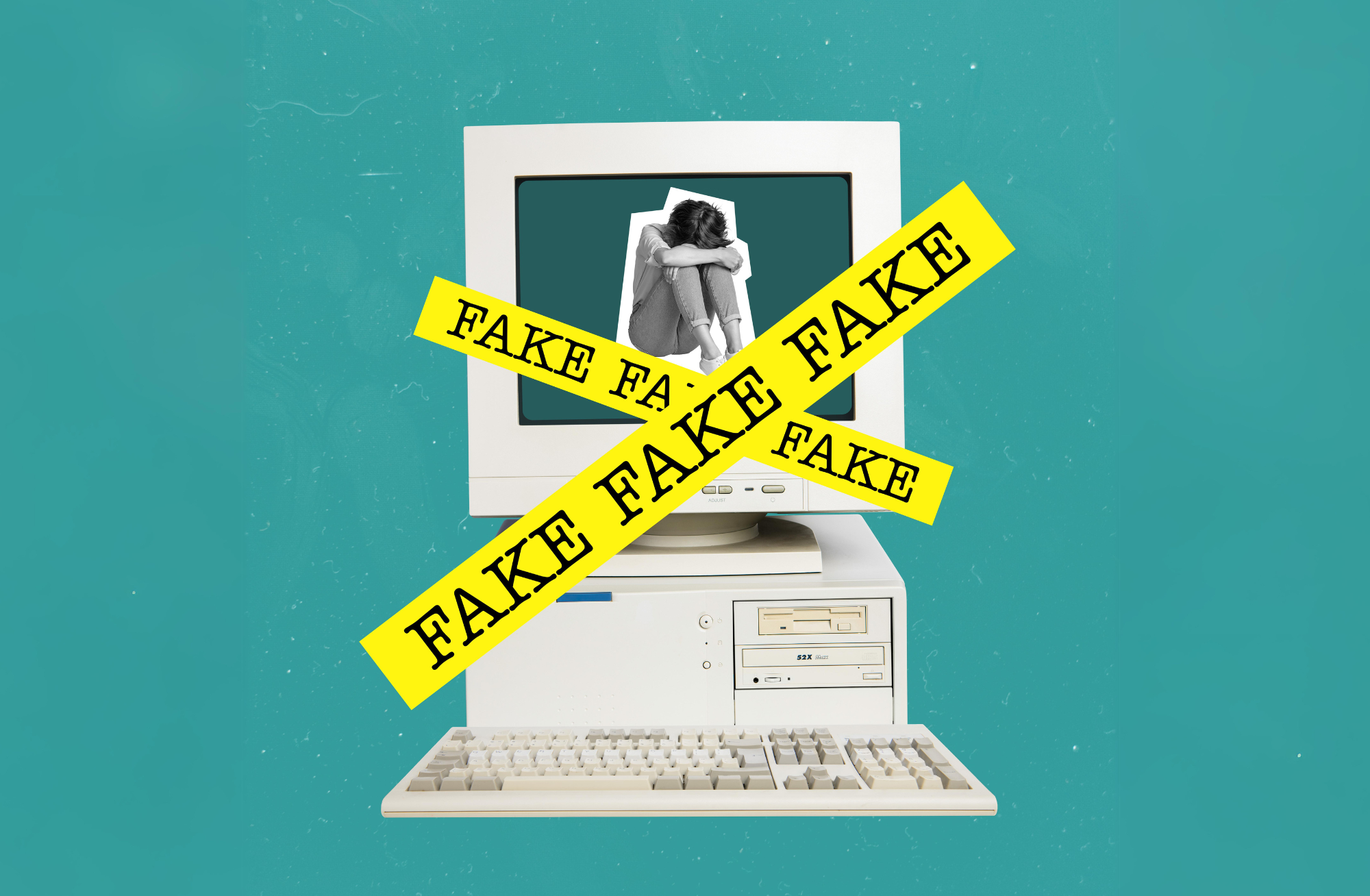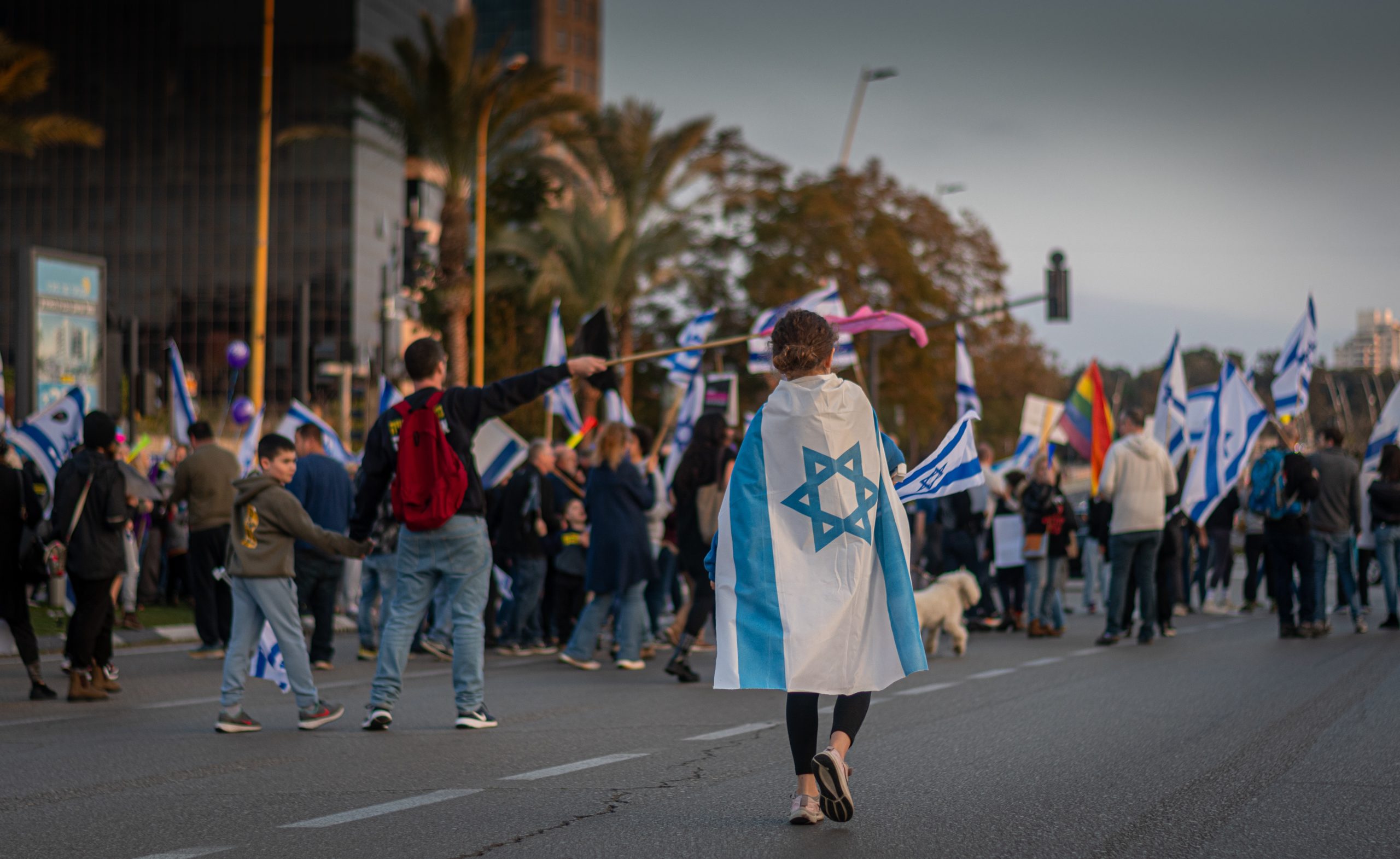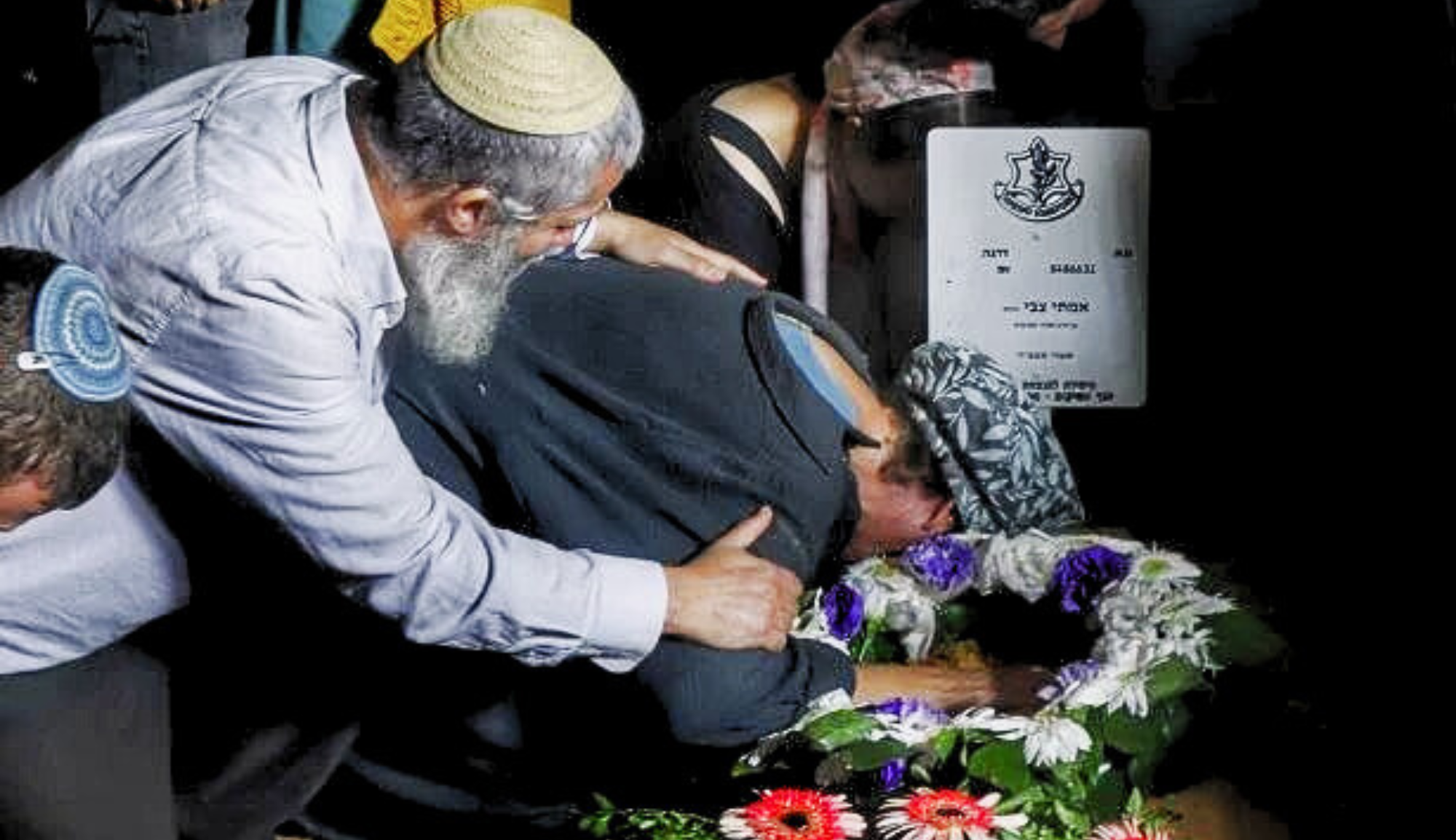Anyone who has studied Israeli history with any degree of seriousness should know the name “Benny Morris.”
Once a left-winger who ushered in the era of “New Historians”—those endorsing revisionist history of Zionism—he shifted rightward after peace talks failed and the Second Intifada began in the early 2000s. And to this day, it is impossible to understand Israel without knowing him and his work.
That’s why we knew that exploring 18 pressing questions on Israel with 40 Israeli thinkers needed to begin with Benny Morris.
Our question coverage was broad—spanning the Israel-Hamas War, Zionism, and Israeli democracy—but our guest’s insight was even broader—what Hamas thinks, the plan for Gaza after the war, Israel’s future, and more.
Below are select questions excerpted from our interview for your preview pleasure.
Subscribe to 18 Questions, 40 Israeli Thinkers wherever you get your podcasts, and find the full episode available here.
Judaism or Democracy?
Sruli Fruchter:
Which is more important for Israel: Judaism or democracy?
Benny Morris:
Well, that’s a hard one. I think most Israelis want the country to be both Jewish and democratic. I think still this is true about most Israelis, though Netanyahu has had an effect also on how many Israelis actually want to remain in a democracy. I think that number is diminishing. They think other things are more important, but until now, I think a majority still want both and some sort of balance between the two.
Sruli Fruchter:
But which would you say is more important, if you had to say one?
Benny Morris:
I am not sure I can answer that. I think democracy is very important. I don’t want to end up in jail or I don’t want secret policemen to barge into my house in the middle of the night. That’s very important.
Is Opposing Zionism Antisemitic?
Sruli Fruchter:
Is opposing Zionism inherently antisemitic?
Benny Morris:
No, not necessarily. There are people who are probably honest anti-Zionists who are not antisemites. They don’t have anything against Jews. They like Jews. But there is an overlap today of anti-Zionism and antisemitism. In other words, many people who say they are anti-Zionists are also driven by antisemitic passions. And I would probably say that all antisemites are anti-Zionists, but not all anti-Zionists are antisemites.
Sruli Fruchter:
Can you elaborate a little bit more about that distinction that you were just making, when opposing Zionism is antisemitic and when it’s not antisemitic?
Benny Morris:
There is antisemitism in the world. There’s antisemitism in the Christian world, there’s antisemitism in the Muslim world, and it’s deeply rooted, and it’s been there for hundreds and hundreds of years, 2000 years for Christian antisemitism. With the emergence of Zionism and the growth of Zionism, and eventually the emergence of a Jewish state, antisemites opposed Jewish statehood. And beside those who opposed Jewish statehood for antisemitic reasons, there were also people who thought it’s wrong to establish, perhaps morally wrong because it would be at the expense of the local Arab population, or politically wrong in the sense that it couldn’t last. People like Glubb Pasha who was the commander of the Jordanian army in 1948, more or less said, “The end of the Jewish state will be like that of the Crusaders.” They held on for about 200 years on the edge of the Middle East, fed through Europe. But this applies to Zionism as well in some way. But Zionists won’t be able to hold out against the whole surrounding inimical Arab world and Muslim world, which is even wider.
So, for practical reasons, there were people who believed that Zionism made no sense that establishing a Jewish state here made no sense because it couldn’t last. And as I say, there were those who opposed it also because of the injustice they felt would be caused to the local Arab population. It would be at expense of the Arabs. And they were right of course, in the end, this did happen. Today, you can see this overlap between anti-Zionism and antisemitism emerging in the West and among the Arab world. But they prefer to call what their opposition to Israel anti-Zionism and not call it antisemitism or say it originates in antisemitism because antisemitism still has something of a bad name since the Holocaust, though, that bad name has been fading over the decades since the Holocaust, of which many people don’t know anything or don’t know very much. That’s a real problem for us, for Israel and the Jews in general. This forgetfulness about what happened in Europe during World War II to the Jews.
What Should Happen with Gaza After the War?
Sruli Fruchter:
What should happen with Gaza and the Palestinian-Israeli conflict after the war?
Benny Morris:
That’s a big one. I have no idea. There should be, as I said, I think some sort of deal in which the Western powers and the Arab moderate states, the Sunni states and the Palestinian authority in some way will control the Gaza Strip in place of the Hamas and in place of the IDF because if both Hamas rule and IDF rule are not a recipe for peace in the future in the Gaza Strip. But this is only a transitional stage or step towards a two-state settlement, which is the only possible settlement which could lead to peace. As I say, I don’t think a two-state settlement is on the cards. I don’t think either people is ready for it at the moment. Maybe 20, 30 years’ time, it’ll happen but I doubt it because the whole settlement enterprise subverts the idea of a two-state settlement from the Jewish side, which of course, causes Arabs to dig in their heels and say the Jews are unwilling to make … They’re just undermining, subverting a possible peace agreement, why should we endorse it?




































